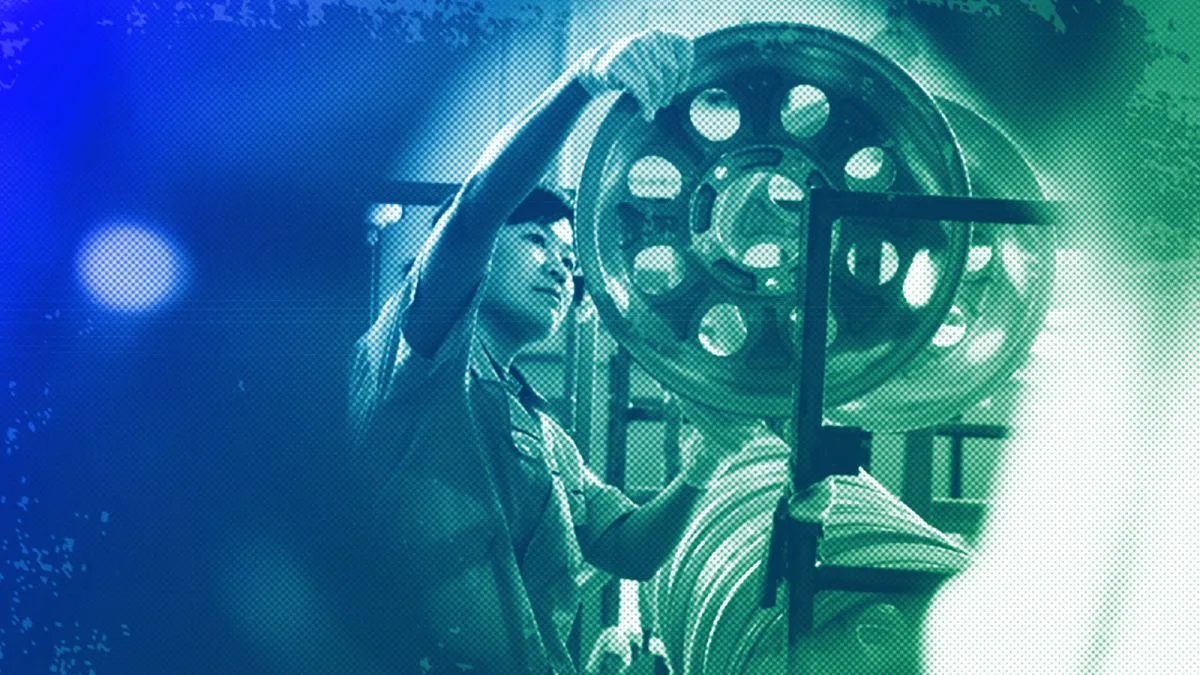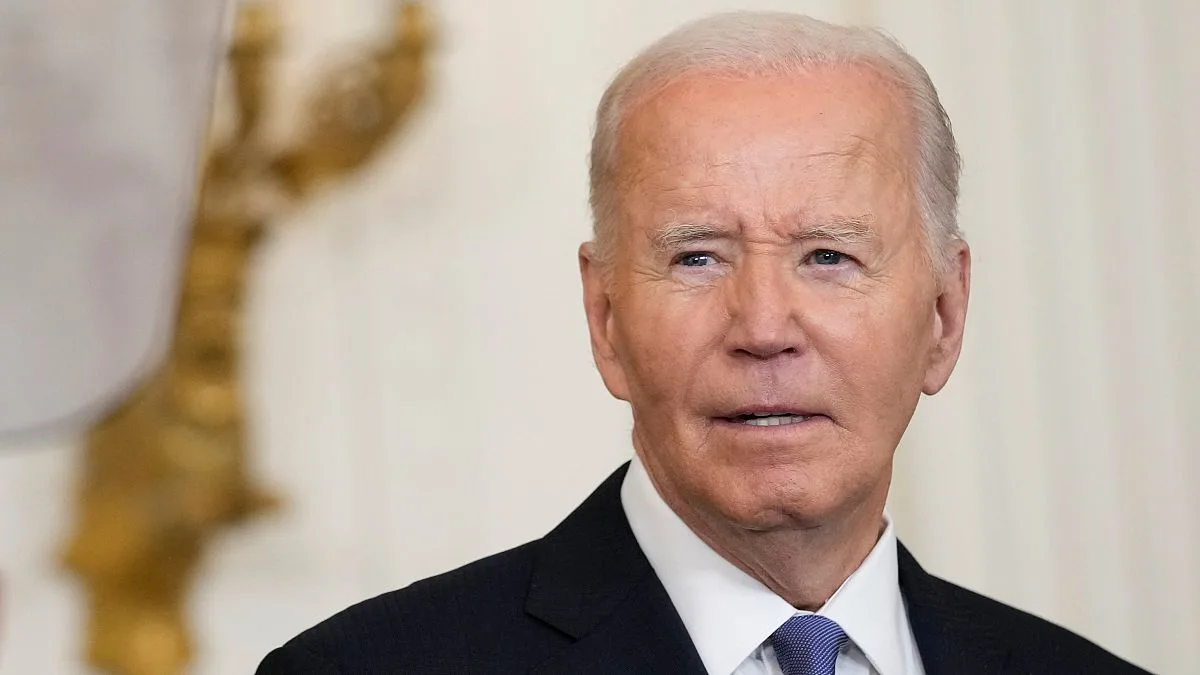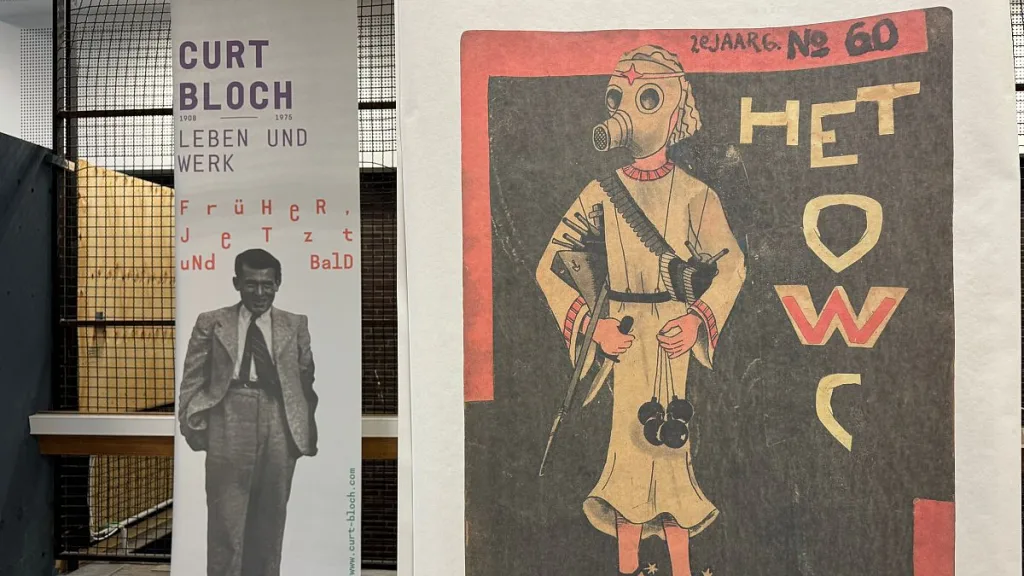The views expressed in this article are solely those of the author and do not reflect the editorial stance of Euronews.
Should Europe opt to impose a ban on aluminium imports from Russia, it would be tasked with sourcing approximately 500,000 tonnes of substitute material each year. Unfortunately, the list of feasible alternatives is quite restricted, according to Chris Weafer.
Since Russia initiated its military actions in Ukraine in early 2022, Western nations have progressively intensified sanctions against Moscow, targeting its export-driven economy. Yet, one major Russian export—aluminium—has remained untouched by these sanctions.
This shiny, lightweight metal has long been considered a potential candidate for upcoming EU sanctions. A few EU nations are advocating for more stringent measures against Russia, including a comprehensive ban on aluminium imports, but larger EU economies are currently obstructing these efforts.
Imposing restrictions on aluminium could jeopardize domestic industries that are already struggling to compete with their Asian counterparts. Moreover, such actions could significantly undermine Europe’s aspirations to reach its climate objectives.
The uncertainty surrounding a potential ban on low-carbon aluminium imports from Russia has already driven prices up by 15% this year, with expectations of even sharper increases if the ban is enacted.
The Strategic Importance of Aluminium in Europe and the Effects of Sanctions
The EU imports over 90% of its aluminium needs, with 8-9% sourced from Russia. This metal is vital for several key industries, including automotive, aerospace, construction, and renewable energy.
While some countries reportedly ceased purchasing aluminium from Russia, the metal continues to play a crucial role in fulfilling Europe’s demand for low-carbon alternatives.
Russian aluminium is particularly appealing due to its low carbon emissions during production, as it relies on hydropower. Producing one tonne of aluminium in Russia emits roughly 2.1 tonnes of CO2—significantly lower than the global average of 15 tonnes.
If Europe were to find alternatives for Russian aluminium, it would likely increase its imports from countries such as India and Indonesia, where aluminium manufacturing primarily relies on coal. This shift would be detrimental to the EU’s climate commitments by raising the carbon footprint of aluminium imports.
Initiatives like the Green Deal and the Carbon Border Adjustment Mechanism (CBAM) aim to penalize high-carbon imports starting in 2026. A potential ban on low-carbon aluminium could lead Europe to rely on higher-emission alternatives, ultimately increasing aluminium’s carbon content by up to 14%.
Should the EU impose a ban on Russian aluminium, it would disrupt international supply chains and likely cause prices to spike. For instance, in early 2022, fears of a trade disruption between Russia and Europe led to a temporary 33% surge in aluminium prices.
Although initial sanctions did not have the severe impact that many anticipated, prices are on the rise again in 2024 amid renewed discussions regarding a ban on Russian aluminium, and further sanctions could exacerbate this trend.
The impending rise in aluminium prices would adversely affect Europe’s small and medium-sized enterprises (SMEs), which account for over 90% of employment in the aluminium industry.
A sudden scarcity of affordable low-carbon aluminium could have a cascading effect on various industries, including construction and packaging. Additionally, the costs for scrap aluminium—crucial for Europe’s recycling initiatives—would likely increase as they are linked to primary aluminium prices.
Potential Beneficiaries of Aluminium Sanctions and Possible Alternatives
If the EU opts to ban low-carbon aluminium from Russia, China stands out as a likely beneficiary. Russia has already ramped up its aluminium exports to China—a nation with growing needs for low-carbon inputs to meet its climate targets.
If European channels close to Russian aluminium manufacturers, they will inevitably pivot their exports toward China. Consequently, European consumers would risk losing access to competitively priced low-carbon aluminium, while China would not only benefit from continued access to Russian imports but would also gain greater control over global aluminium prices as a crucial buyer.
Should the EU proceed with a ban on Russian aluminium, it would need to identify a supplier capable of delivering approximately 500,000 tonnes annually. However, options are limited.
Countries like Iceland, Mozambique, and Norway are frequently mentioned as potential suppliers; however, each presents distinct regional challenges. For example, Mozambique has recently experienced shipping complications, and Norway’s production capacity has diminished in recent years.
Another possibility involves looking to the Middle East, a region that supplies both Europe and the US. However, a significant portion of its aluminium is already committed to American buyers, and any increased demand from the EU might exacerbate market tension.
The Dilemma Facing the EU
The European Union finds itself in a precarious position, navigating the need to reinforce sanctions against Russia while also striving to meet climate objectives and sustain its economy and domestic businesses.
As discussions unfold regarding the next sanctions package against Moscow, policymakers must carefully consider the wider ramifications of their actions. In an era marked by high global inflation, economic instability, and an urgent need to uphold climate commitments—especially with COP29 approaching—EU officials must balance the potential costs and benefits of initiating a ban on low-carbon aluminium from Russia.
Chris Weafer is the Chief Executive of Macro-Advisory Limited, Eurasia’s leading independent strategic advisory firm, providing strategic insights to global businesses, traders, and policymakers.
At Euronews, we believe every viewpoint matters. Send us your pitches or submissions at [email protected] and become a part of the discussion.
Photo credit & article inspired by: Euronews



